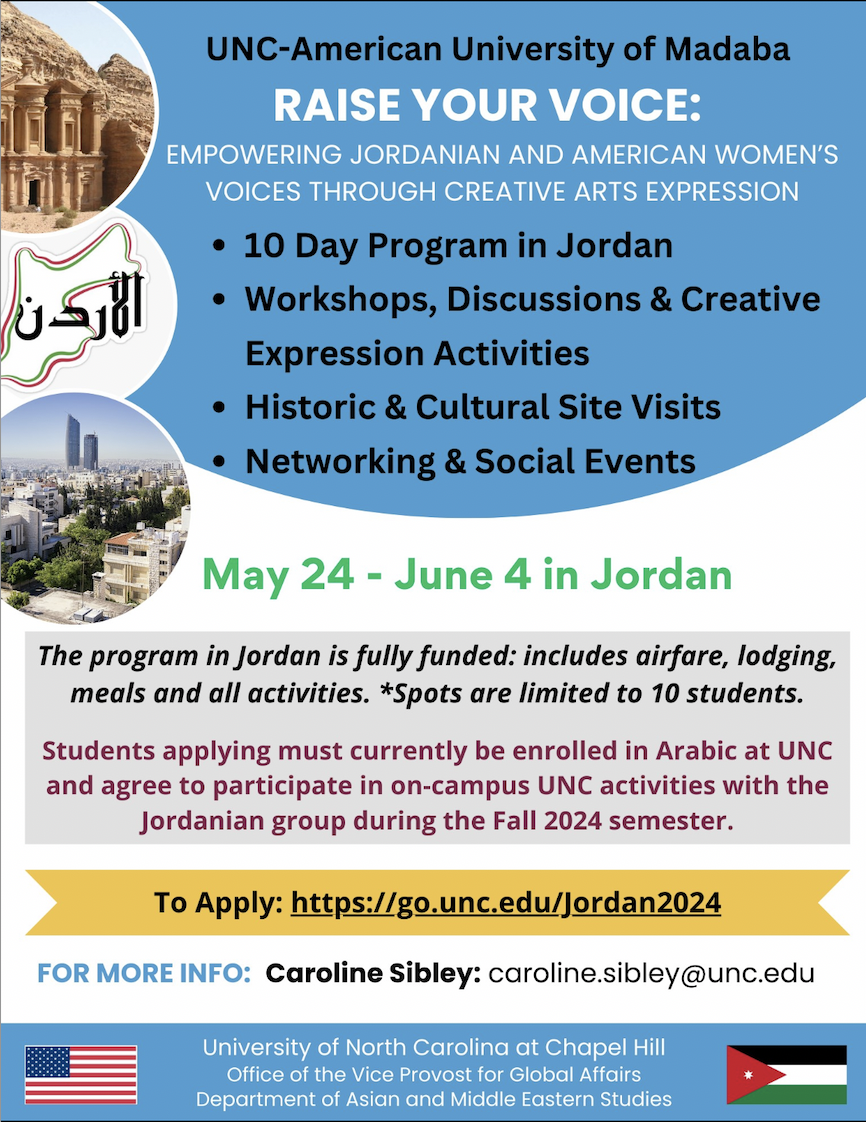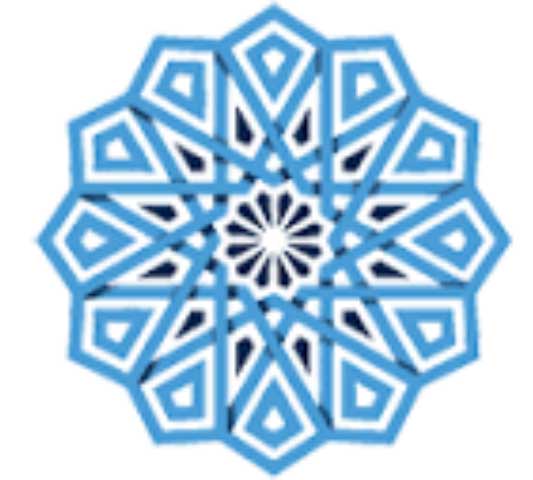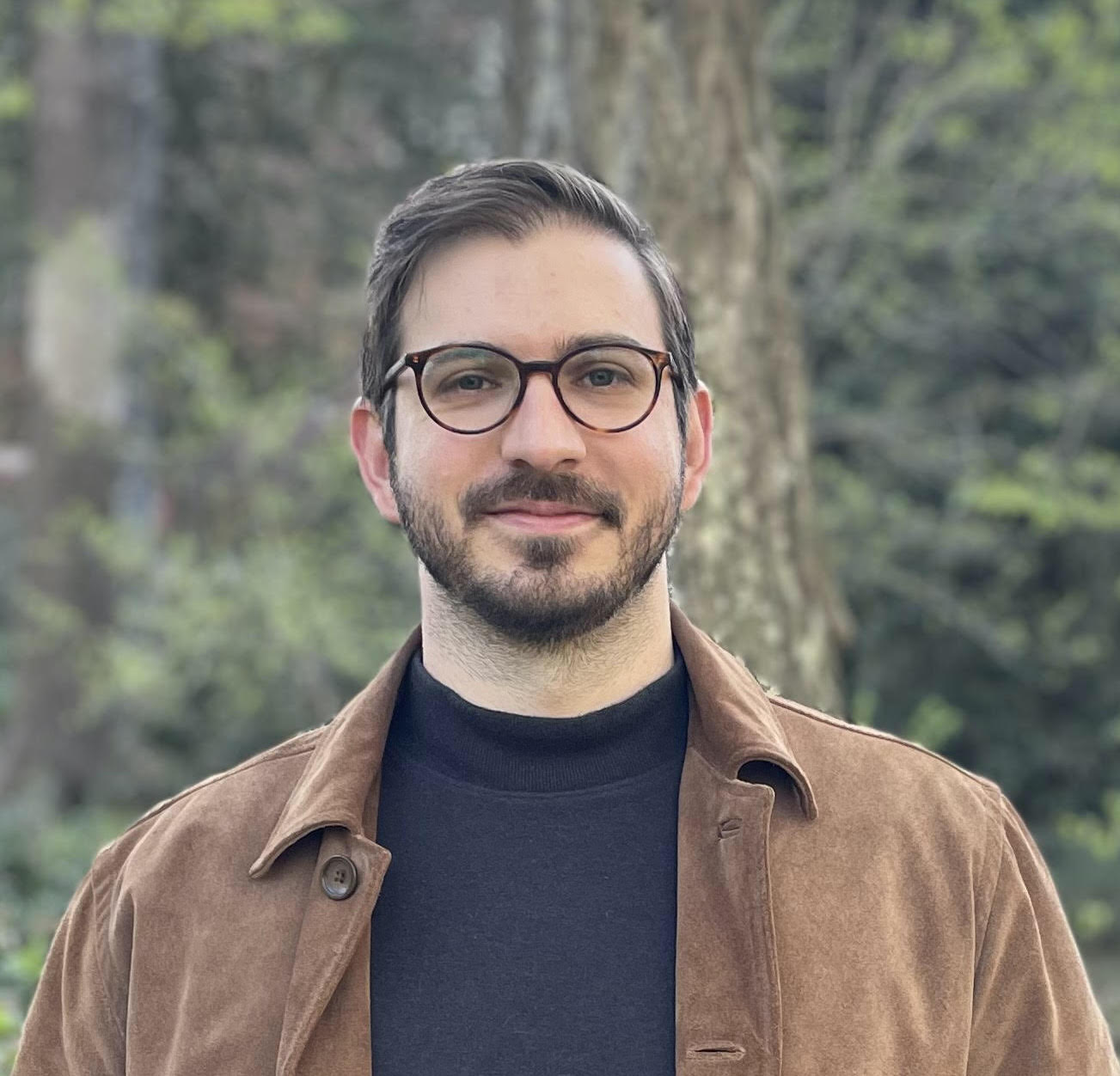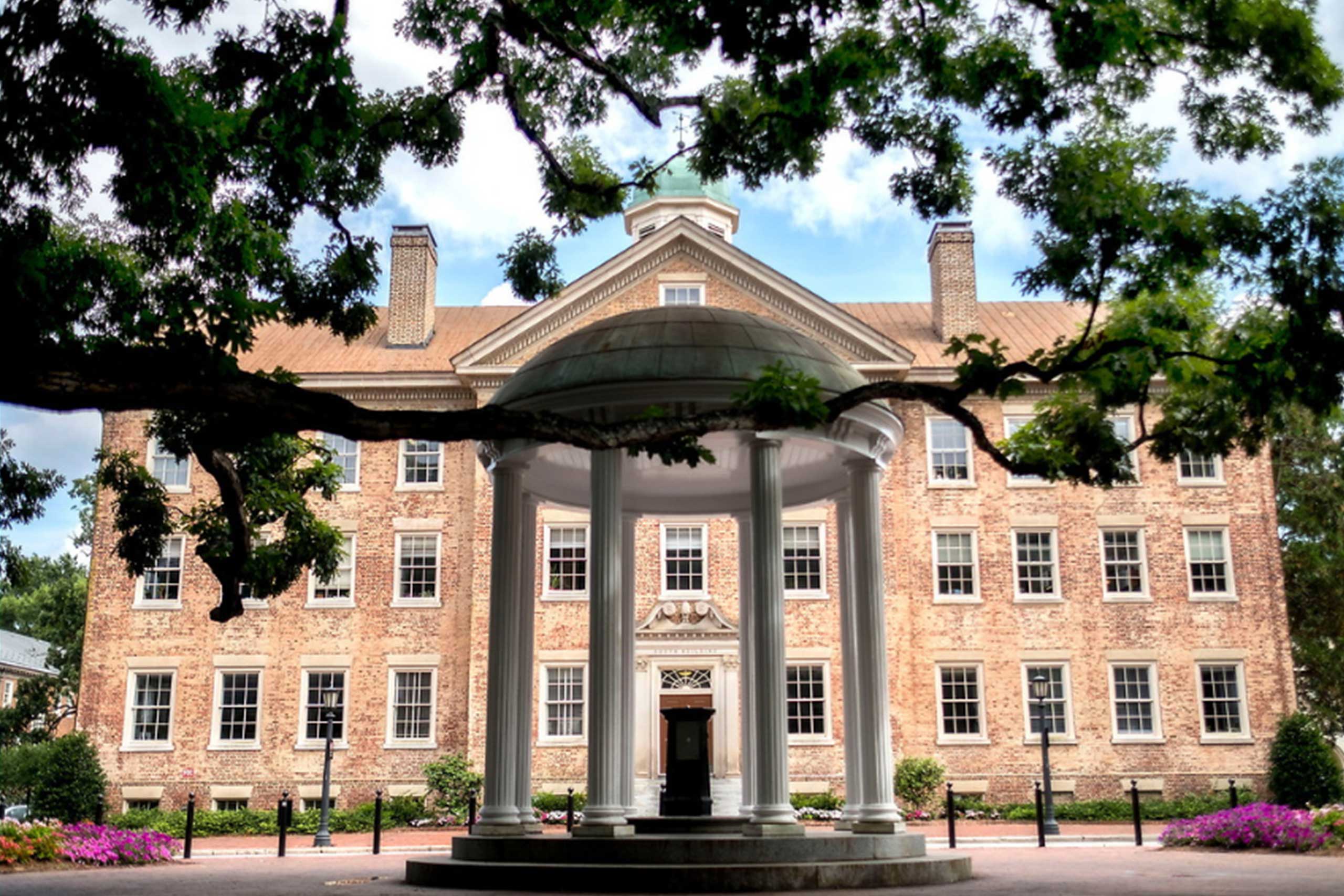 Educators from around the country tuned in to learn about the history of Islam in America on January 26, 2017. Organized by the Duke-UNC Consortium for Middle East Studies in partnership with the National Humanities Center (NHC), the nationwide webinar “America in Islam: A Cultural History ” focused on the question, “what does it mean to be a Muslim American?”
Educators from around the country tuned in to learn about the history of Islam in America on January 26, 2017. Organized by the Duke-UNC Consortium for Middle East Studies in partnership with the National Humanities Center (NHC), the nationwide webinar “America in Islam: A Cultural History ” focused on the question, “what does it mean to be a Muslim American?”
The event was held as part of the National Humanities Center’s “America in Class” series that works to provide webinars, lessons and primary resources to history and literature teachers. Educators attend the webinars for a variety of reasons: to gain access to world class scholars, to connect with other educators who are interested in similar topics, and to gain resources and skills for the classroom.
Andy Mink, vice president for Education Programs at the NHC, provided the introduction to the webinar. He shared that 212 educators from across the country had registered for the event, the largest number registered in “America in Class” history, demonstrating the importance and timeliness of the topic. Teachers tuned in from Mississippi to California.
Duke University professor Ellen McLarney led the webinar. McLarney began the discussion with a history of Muslim communities in America, beginning with the 17th century and working up through present-day America. McLarney defined four distinct periods of Islam in America: the transatlantic slave trade of the 17th-19th centuries, immigration from the Ottoman Empire in the 19th and 20th centuries, the Nation of Islam and “Black Muslims” of the mid-20th century and Muslim immigration post 1965. “Islam has been a religious presence in the Americas since very early on,” McLarney shared.
She addressed the various migration trends and legislations that characterized these main periods of Muslim-American experiences. In each period, she highlighted various prominent Muslim-American figures who further defined these periods. McLarney focused on the “incredible diversity [of the Muslim community] that exists worldwide as well as incredible diversity that exists in the United States. There is diversity of practices, ethnicities, beliefs, ideologies.”
She showed video, recommended texts for further reading and read contemporary poetry written by American Muslims. “It really was excellent,” one participant shared, “you really gave me something to think about.”
Another teacher commented on the relevance of the webinar for her students. “Thank you so much for resources and ideas for my classroom, but more importantly, for resources for my Muslim students who need to hear that they are not alone right now, that they come from a long line of American Muslims, empowered to claim their space.”
The Duke-UNC Consortium for Middle East Studies is a collaboration of the Carolina Center for the Study of the Middle East and Muslim Civilizations and the Duke University Middle East Studies Center. As the recipient of a Title VI grant from the U.S. Department of Education, the consortium is a National Resource Center. The outreach program supports K-12 and community college educators in deepening understanding of the Middle East through professional development trainings, local study tours, providing access to speakers, creating classroom resources and more.






